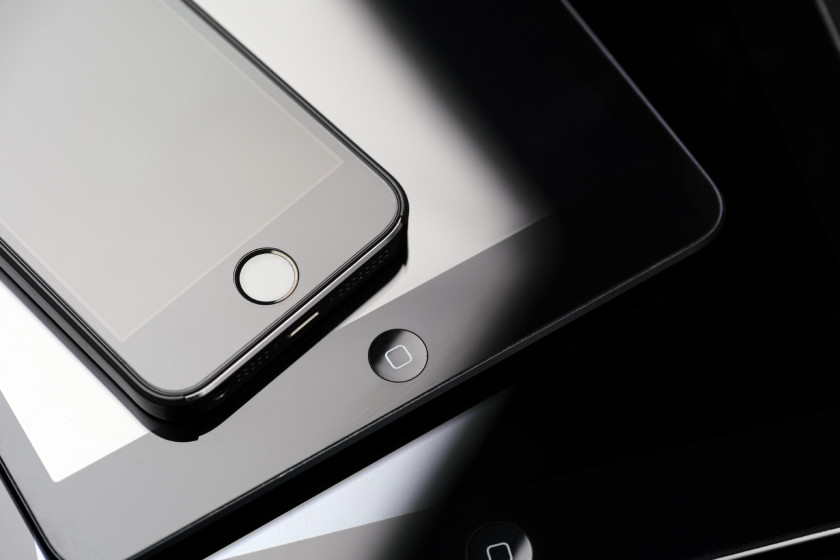On Monday, the Justice Department withdrew its federal court order that demanded Apple cooperate with the FBI to unlock the iPhone 5c found at the site of the December San Bernardino shootings.
After receiving help from a third party source, the federal government ended its six week long battle with Apple, saying that it did so only because the government “no longer required assistance from Apple.”
Apple responded to the Justice Department’s statement as such:
We will continue to help law enforcement with their investigations, as we have done all along, and we will continue to increase the security of our products as the threats and attacks on our data become more frequent and more sophisticated.
Apple believes deeply that people in the United States and around the world deserve data protection, security and privacy. Sacrificing one for the other only puts people and countries at greater risk.
This case raised issues which deserve a national conversation about our civil liberties, and our collective security and privacy. Apple remains committed to participating in that discussion.
Apple has also demanded that the government release information explaining how it broke into the iPhone. So far there has been no response.
The FBI’s response to criticism of its demands has been vague and unapologetic. This indicates that although Apple may have avoided conflict with the federal government this time, the company will likely face similar challenges in the future to maintain its security and the security of its customers.
Many feel that the government’s demands were already overreaching, and that the FBI’s ability to unlock the phone without the help of Apple demonstrates how unnecessary and risky it would have been for the company to comply. As more incidents like the San Bernardino one occur, the federal government and private businesses will clash over who has the right to privacy and information.
Sourcing via Fast Company.


